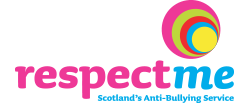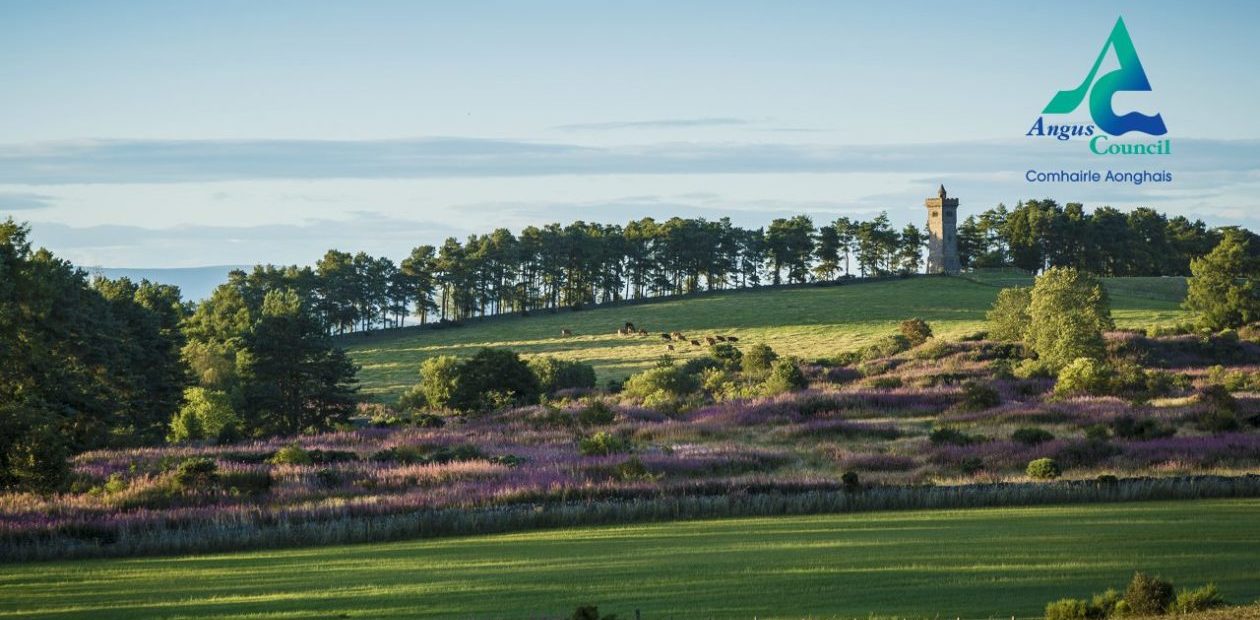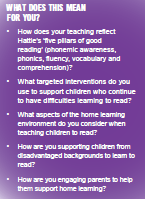posted by Alita Spink, Schools and Learning Support Officer
Bullying in Scotland was published by Respect Me (Scotland’s anti-bullying service) in 2014. This research was designed to (i) identify the types of bullying experienced by children and young people, (ii) give a clear picture of where bullying happens (iii) identify from children and young people’s own experience what they feel works and what is less helpful, and (iv) identify where children and young people go online and what technology they use to get there.
research was designed to (i) identify the types of bullying experienced by children and young people, (ii) give a clear picture of where bullying happens (iii) identify from children and young people’s own experience what they feel works and what is less helpful, and (iv) identify where children and young people go online and what technology they use to get there.
A survey was undertaken across 8 to 19 year olds, with 30% reporting experiencing bullying of some kind. Of this thirty percent, 49% experienced bullying in person, 41% experienced bullying both in person and online, and 10% experienced bullying online only. The report showed that a clear majority of those occurring both on and off line actually started in real life. 92% of children and young people reported knowing the person bullying them and 81% consider their online friends to be all or mostly the same friends as they have in real life. The report concluded that “anonymity therefore may not be what is driving bullying online”.
The report considered emotional reactions and the ways children and young people chose to deal with bullying with telling someone else (parent/carer, friend, teacher/staff) all at the top of the list. Gender differences explored in the report included girls being more likely to ignore incidents, walk away, or stand up to bullies, whilst boys were more likely to report joining in, laughing at what happened or fighting the bully. Whilst telling others definitely made those in the survey feel better, getting others involved (such as parents, teachers or friends stepping in) seemed to be more effective in actually stopping the bullying.
The most successful interventions in school were those that tackle the ethos and culture of the school/organisation, rather than just focusing on individual incidents as and when they occur. So, interventions such as buddying, mentoring, and having clear anti-bullying policies were seen as more effective by the children and young people than reporting forms, worry boxes, and playground monitors.
This fits well with the approaches many of our schools are already taking to support and promote good health and well-being for all learners using the HWB indicators as a framework; and highlights the importance of true learner engagement and the need for children and young people not only to have their voices heard but their feedback and opinions listened to and acted upon. It is clear from this research that children and young people employ a range of strategies to cope with bullying; some are more successful than others. Some will make them feel better without actually stopping the bullying. This is still a vital part of responding to bullying, strategies that make children and young people feel better will increase their sense of agency and promote resilience.
Adults need to promote these coping strategies as well as promote and utilise strategies that help stop the behaviour too. It is not a case of one or the other but using a range of strategies that help people cope and reduce the impact of behaviour as well as ones that can stop bullying.






